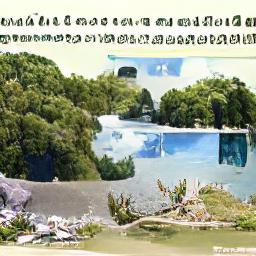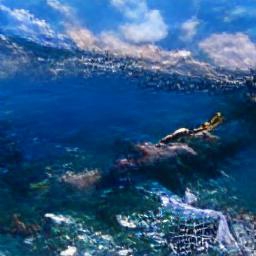I had some fun with an AI demo system that creates images from text, and had it make visuals based on the Distrikt descriptions. Here’s Avantgrid!


I had some fun with an AI demo system that creates images from text, and had it make visuals based on the Distrikt descriptions. Here’s Avantgrid!

